
UNIVERSITY OF CALIFORNIA, LOS ANGELES
University commuters used alternative transportation modes at a rate far higher than Los Angeles County commuters as a whole, a pattern that held true for all major modes. More than 15% of UCLA employees and more than 39% of students were pedestrians or bicycle commuters, options exercised by less than 4% of LA County commuters. Thirteen percent of UCLA employees and more than 25% of students commuted by public transit, compared to only 7% for all of LA County. Finally, more than 14% of UCLA employees commuted by carpool or vanpool, while 10% of LA County commuters used one of these modes.












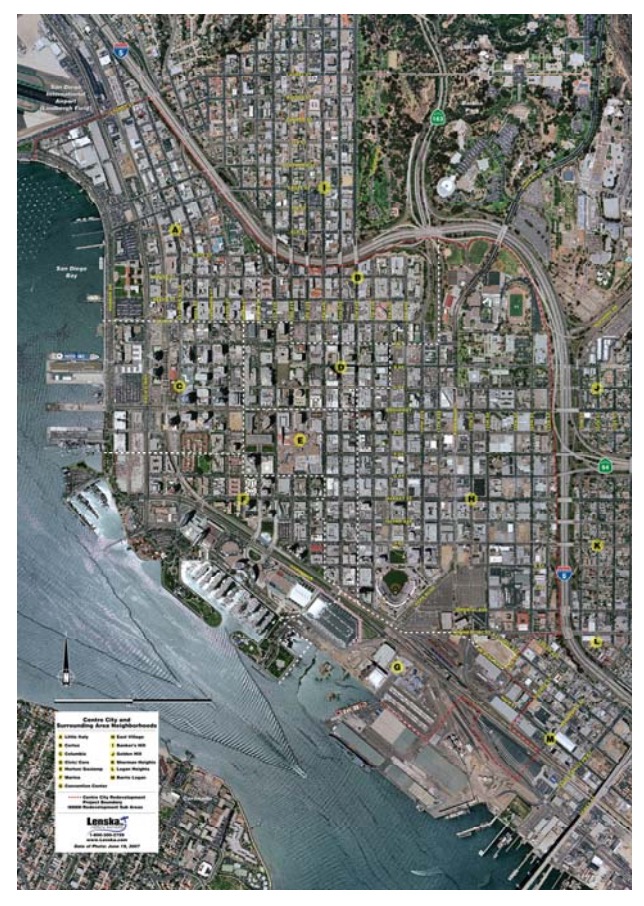
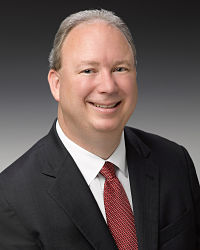
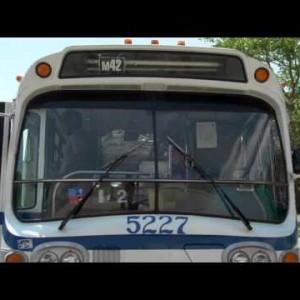

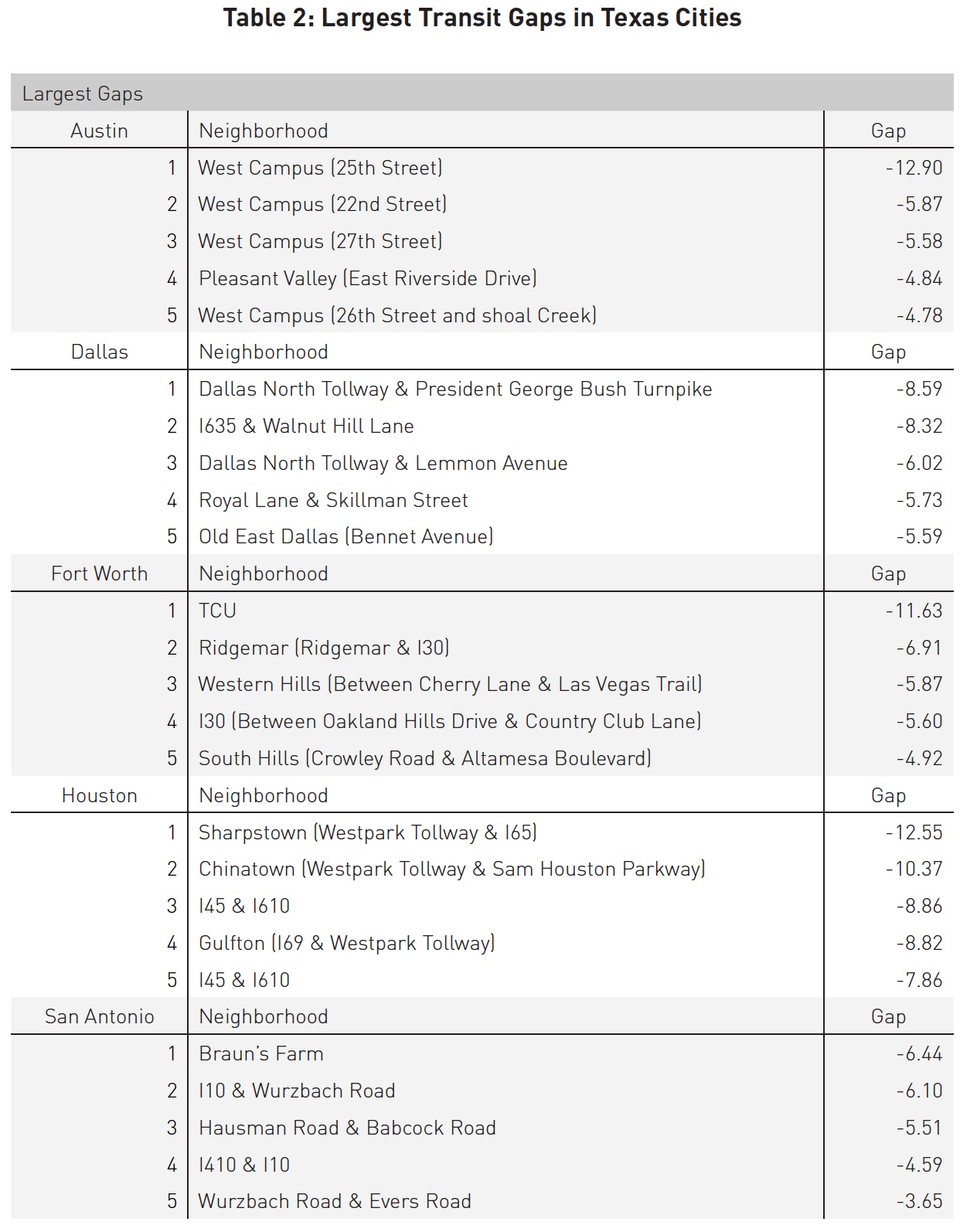
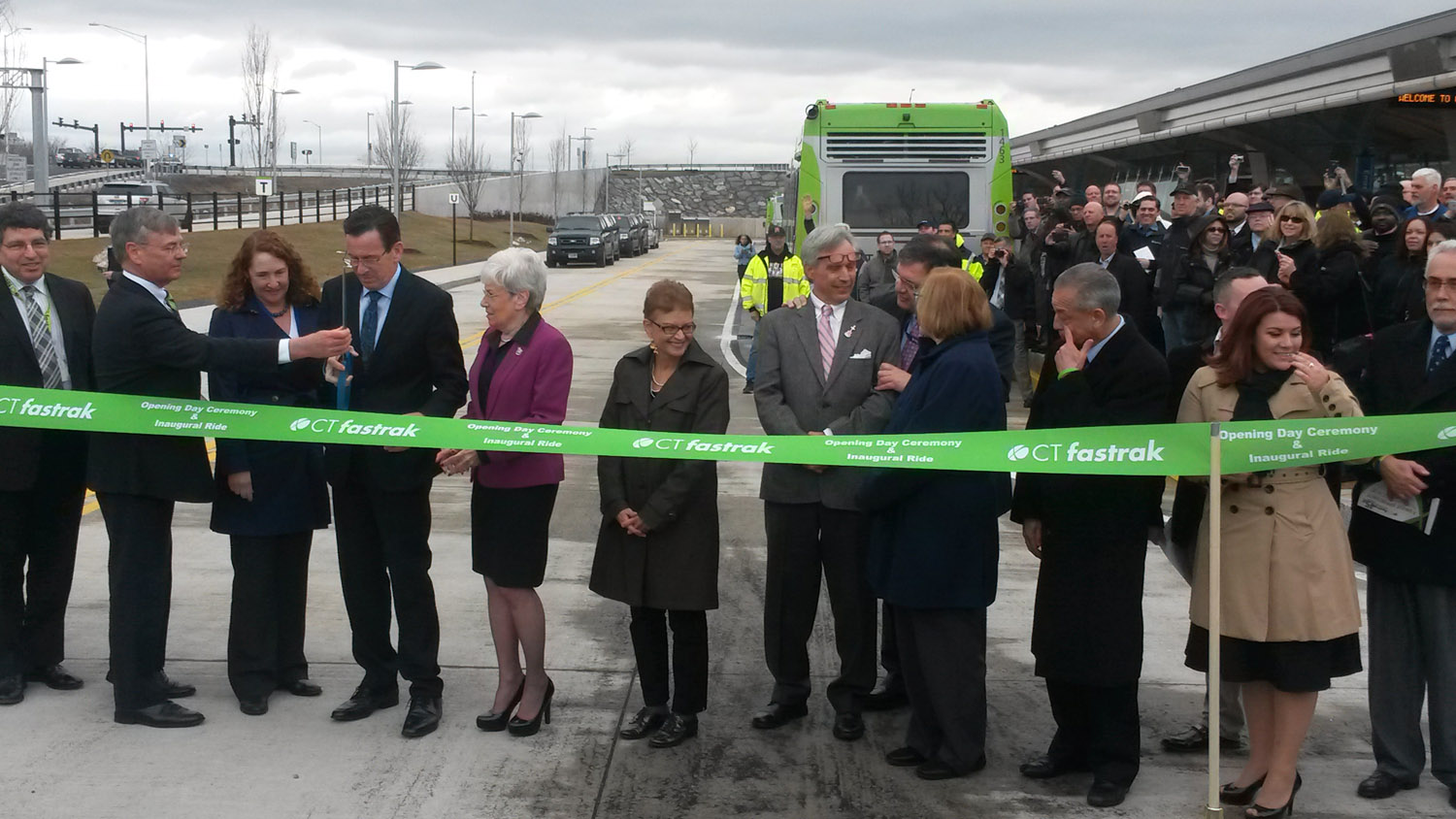
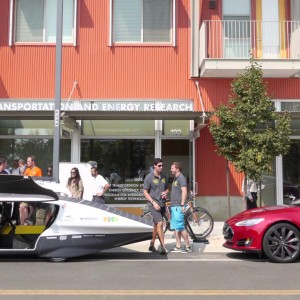
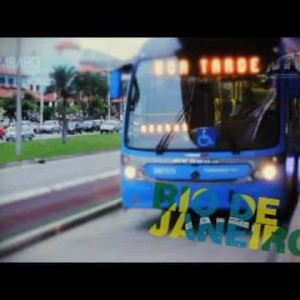

 RSS Feed
RSS Feed